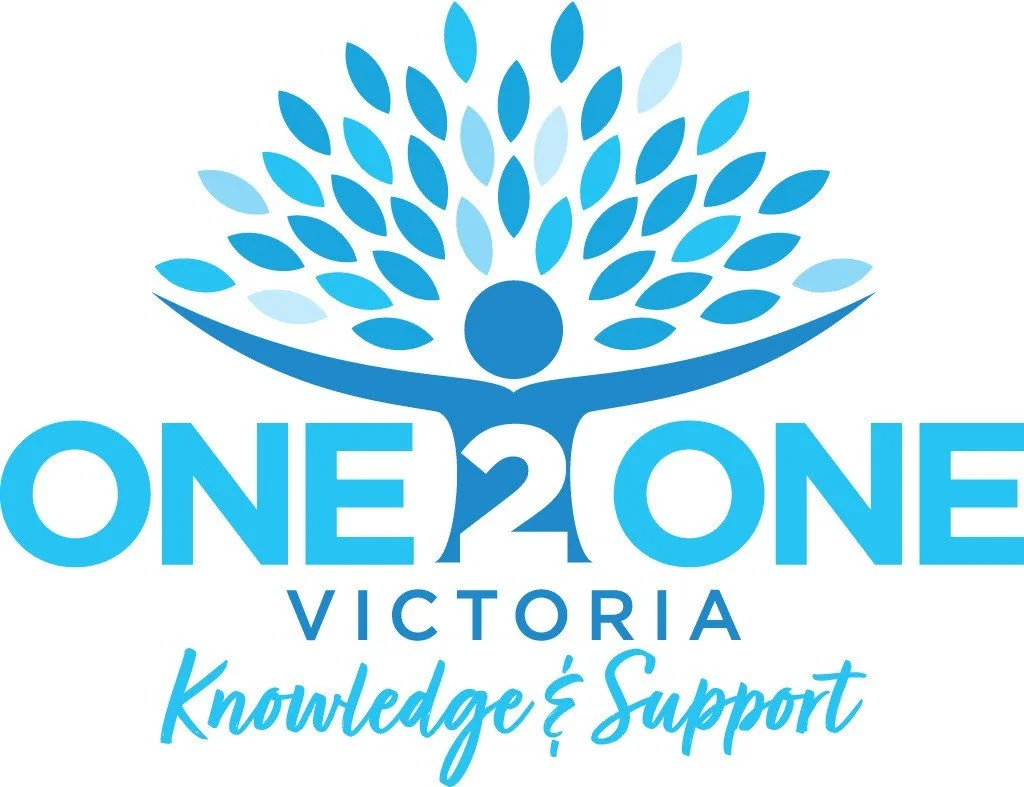
Safe Medication Support and Management
1. Course Title
Safe Medication Support and Management
2. Course Overview / Description
This short course is designed for NDIS and human services workers who provide medication support. It offers practical, easy-to-understand guidance to help you feel confident and safe when assisting with medication. Whether you're new to the role or just need a refresher, this course will help you understand your responsibilities and know when to seek help.
3. Learning Outcomes
By the end of this course, participants will be able to:
• Identify key responsibilities in medication support
• Recognise common medication risks and adverse reactions
• Understand when and how to seek help
• Follow safe practices for medication management
• Complete basic documentation related to medication support
4. Duration and Delivery Mode
• One week duration
• Wholly online and self-paced
5. Target Audience / Entry Requirements
• Entry-level NDIS workers and human services staff
• No prior experience or qualifications required
6. Course Content / Topics Covered
• Introduction to safe medication support
• Common medication risks and how to manage them
• Recognising and responding to adverse reactions
• Knowing when and how to seek help
• Basic documentation and reporting
• Quiz preparation and review
7. Assessment (if applicable)
• A short online quiz at the end of the course
• Assessment is not graded—just a check for understanding
8. Certification / Accreditation
• Participants receive a certificate of completion once the course and quiz are successfully completed
9. Cost and Enrollment Info
• Course fee: \$24.99
• Enroll anytime—no set start dates
• Access the course immediately upon payment
Ready to Get Started?
Click the Learn More button to enrol and begin your learning journey. You'll get immediate access to all course materials—it's that easy.
-
Safe Medication Support and Management
-
Why Medication Management Matters
Supporting someone with their medication is a serious responsibility in any human services setting. Medications are powerful tools that help people manage their health, recover from illness, maintain stability, and improve quality of life. However, when medications are not taken correctly—or when mistakes happen—the consequences can be serious. That’s why understanding the importance of safe medication support is one of the most important aspects of your role as a support worker.
-
Understanding Scope of Practice
When supporting NDIS participants with their medication, it’s essential to understand your scope of practice—what you are allowed to do based on your training, qualifications, and the participant’s care plan. Scope of practice helps keep both you and the participant safe. It ensures that you only carry out tasks you are trained and approved to do, and that you know when to step back and seek help from a supervisor, registered nurse (RN), or health professional.
-
Safe Storage of Medications
Supporting participants with their daily living needs, you may come across medications in their home. Whether you're prompting, assisting, or administering medication, one thing is always important—safe storage.
Safe storage of medications helps protect the participant, their family, and even you as a worker. It reduces the risk of accidents, misuse, and confusion. It also helps make sure medications stay effective and are used the way they’re meant to be.
-
Safe Medication Assistance Procedures
When you’re supporting someone through the NDIS, helping with medication might be part of your role. It’s a task that needs to be done carefully, every single time. Even if you’re just reminding someone to take their medication, the way you do it matters.
Let’s walk through the process of safe medication assistance, step by step.
-
Documentation and Reporting
When you’re helping someone with their medication in an NDIS setting, it’s not just about giving a reminder or handing over a tablet. It’s also about making sure everything is properly recorded and reported. Good documentation and clear communication help keep people safe, support their health, and protect you and your team.
Let’s walk through what you need to know.
-
The Nine Rights of Medication Administration
If you're working in the NDIS space and supporting people with disabilities, you might be asked to help with medication. That’s a big responsibility. Giving medication the right way helps keep people safe and healthy. That’s why we follow something called The Nine Rights of Medication Administration.
-
Adverse Reactions Awareness
If you’re supporting someone through the NDIS and helping with their medication, it’s really important to know about adverse reactions. That’s just a fancy way of saying “something went wrong after taking a medication.”
Sometimes, people can have unexpected or unwanted effects from their medicine. These can be mild, like a rash or an upset stomach. But sometimes, they can be serious and even life-threatening. That’s why it’s so important to know what to look for and what to do.
-
Seeking Help When Required
If you’re working in the NDIS space and helping someone with their medication, you’re doing important work. But let’s be honest—medication support can be tricky sometimes. You might feel unsure, confused, or even worried about doing the wrong thing. That’s okay. The most important thing to remember is: you don’t have to figure it out alone.
Knowing when and how to ask for help is a key part of keeping the people you support safe and well.
-
Assessment Quiz
This assessment consists of five questions designed to evaluate the participant’s understanding of key course concepts. The format is true or false.
This quiz is a final step in the learning journey, reinforcing accountability, competence, and readiness to implement the course outcomes.
-
